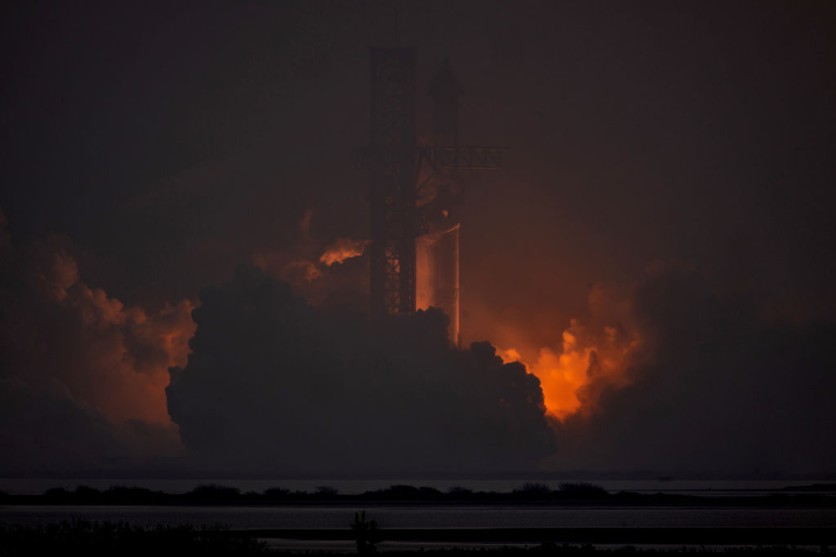Funding for space startups has surged dramatically in the first quarter of this year, marking a major milestone in the trajectory of the space industry.
According to a report by venture capital firm Space Capital (via Reuters), the funding for space startups more than doubled compared to the previous year, reaching a staggering $6.5 billion by the end of March 31.
This remarkable increase in funding is attributed to stronger government backing, setting the stage for even stronger growth in the space economy.
Startups Benefit from a Booming Space Economy
Chad Anderson, managing partner at Space Capital, underscored the importance of this surge in funding, stating, "While we still have some consolidation to get through, the overall space economy is rebounding and it is now replete with a number of rising stars."
The geopolitical uncertainties prevailing globally have been identified as a key driving force behind this surge in funding. Governments are increasingly relying on geospatial data and images collected by satellites for a wide array of applications, from analyzing weather patterns and agriculture to monitoring changes along international borders.
The report highlights the growing demand for geospatial intelligence, which has surpassed satellite communications in terms of investment for the first time. This shift highlights the important role played by satellite data in addressing pressing global challenges and driving innovation in various sectors.
Moreover, the decline in pricing for satellite capacity has further fueled the attractiveness of space assets for commercial purposes, leading to increased investment in space startups.
Looking ahead, the space economy is poised for exponential growth, with projections indicating that it could triple in size to $1.8 trillion by 2035.
Read Also : The First Non-Americans to Land on the Moon Will be Japanese as NASA, JAXA Sign Agreement for Lunar Rover

BROWNSVILLE, TEXAS - MARCH 14: The SpaceX Starship Flight 3 Rocket launches at the Starbase facility on March 14, 2024 in Brownsville, Texas. The operation is SpaceX's third attempt at launching this rocket into space. The Starship Flight 3 rocket becomes the world's largest rocket launched into space and is vital to NASA's plans for landing astronauts on the Moon and Elon Musk's hopes of eventually colonizing Mars.
America's Changing Attitude on Space Travel
This surge in funding comes in the wake of a previous setback for the US space industry, as investments in the sector fell by 53% to $2.2 billion in the first quarter of 2023, marking the lowest funding quarter since 2015. However, the current momentum signals a resurgence in investor confidence and renewed optimism for the future of space exploration and commercialization.
In addition to the financial aspects, public attitudes toward space travel and NASA's role as a leader in space exploration are also of interest. Recent surveys indicate that while there is optimism regarding the future of space tourism, the majority of Americans remain hesitant to embark on space travel themselves.
Nevertheless, there is overwhelming support for the United States to maintain its position as a global leader in space endeavors, with a keen interest in prioritizing missions such as monitoring potentially dangerous asteroids and studying the Earth's climate system.
Related Article : Space Startup Looks to Make Space Habitable with Inflatable Module

ⓒ 2026 TECHTIMES.com All rights reserved. Do not reproduce without permission.




